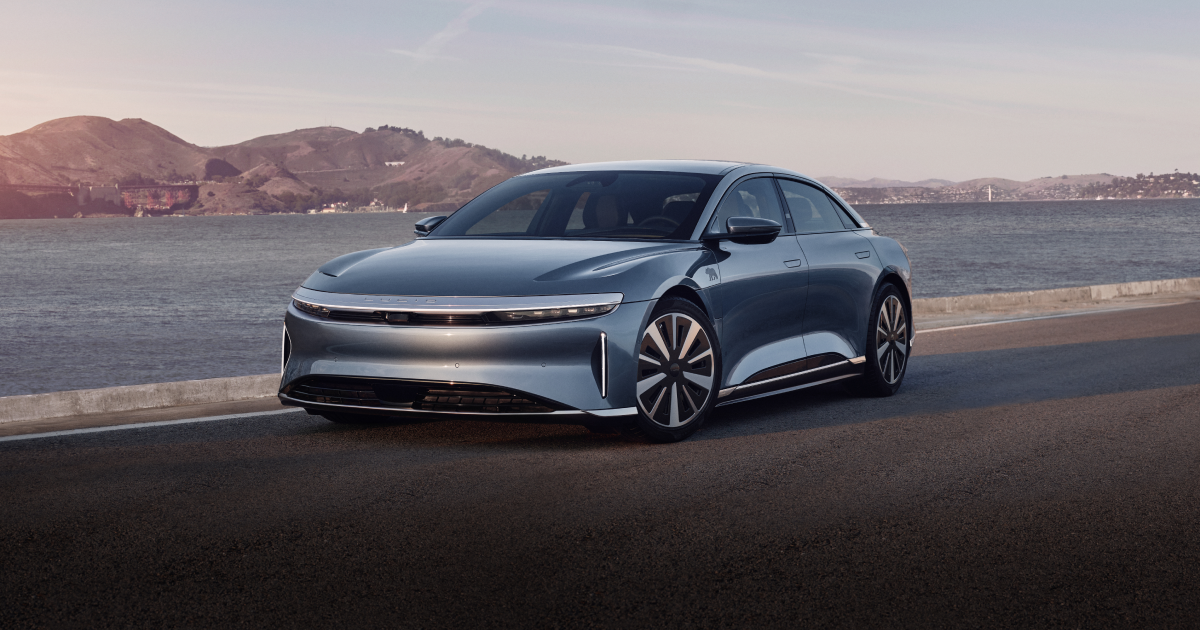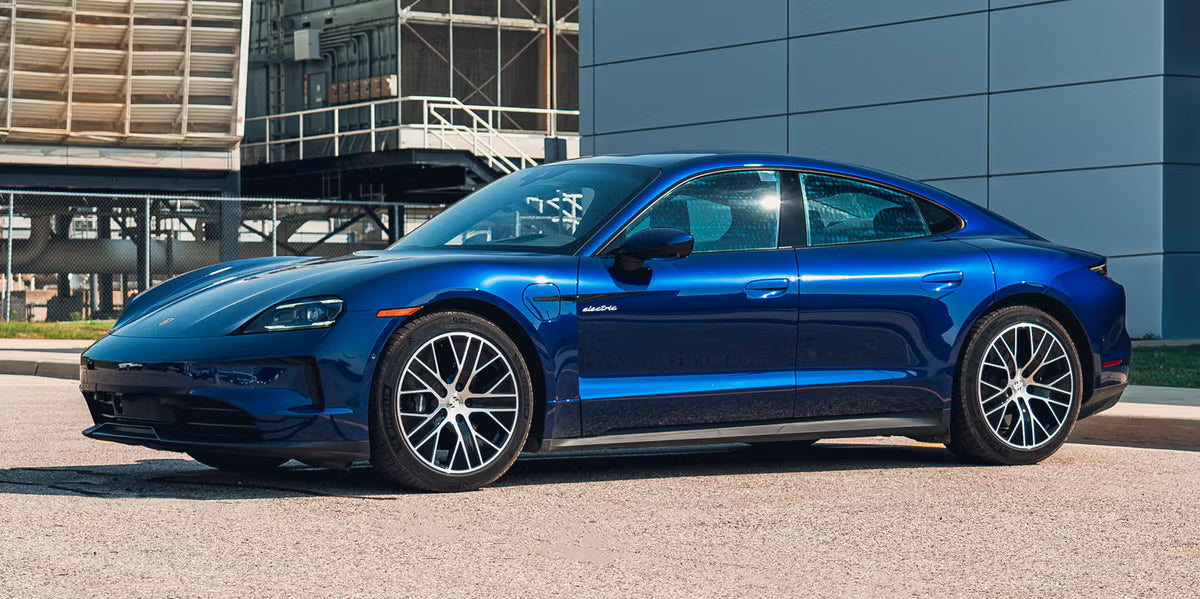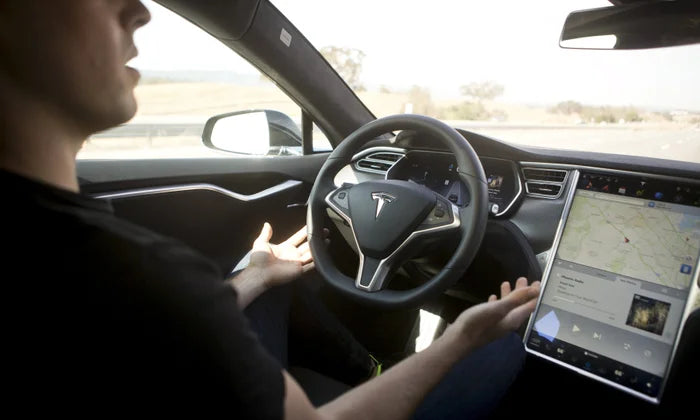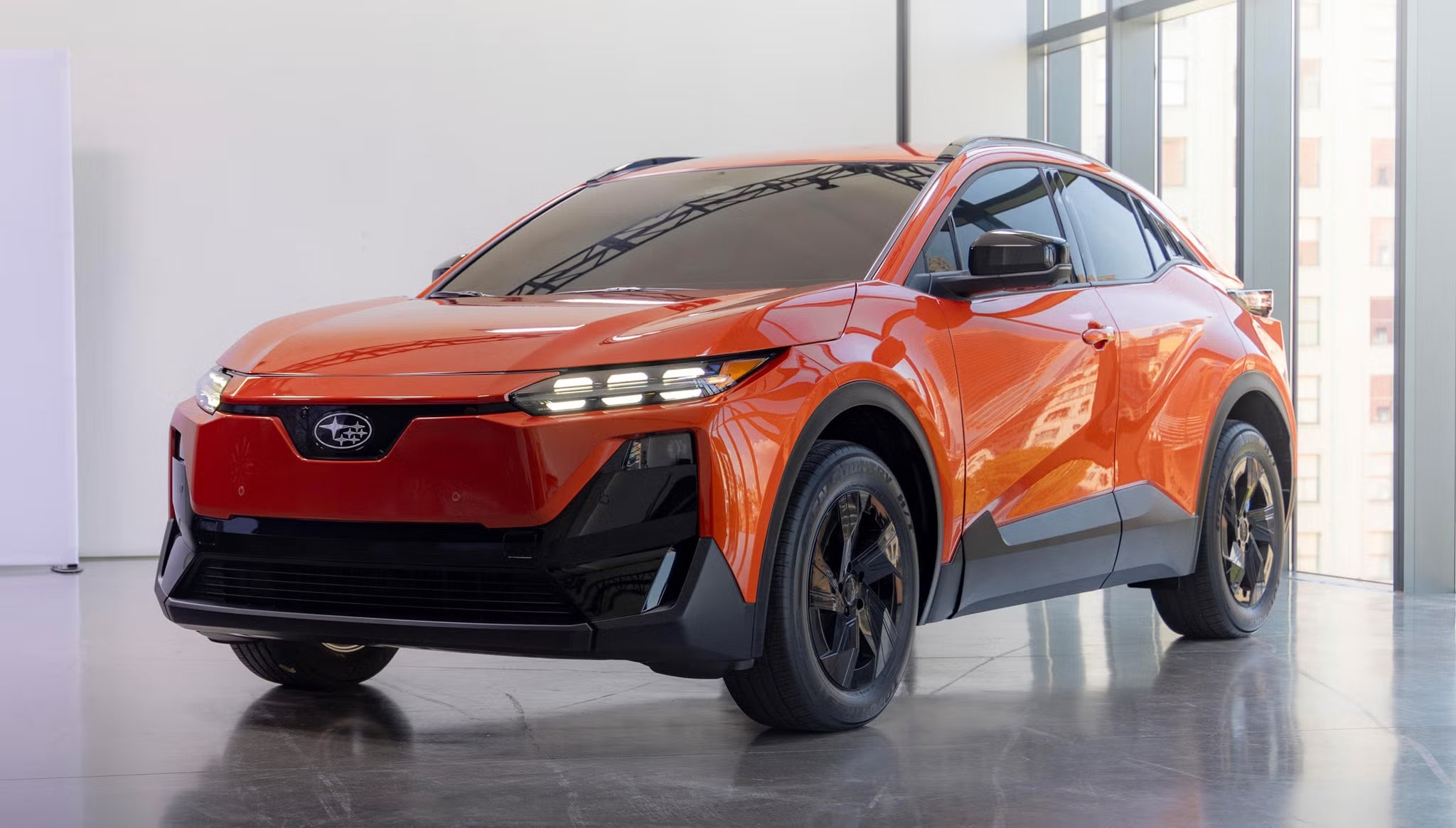Nouvelles
- Tous
- Audi
- Autonomous Vehicles
- Battery Tech
- BMW
- Buying Guide
- BYD
- Charging
- Chevrolet
- China
- Climate
- Design
- Elon Musk
- Fiat
- Ford
- General Motors
- Honda
- Hyundai
- Industry Outlook
- Jeep
- Kia
- Lucid Motors
- Mazda
- Mercedes-Benz
- Model Comparisons
- Monthly EV Lease Deals
- Monthly EV Recommendation
- Nissan
- Polestar
- Policies & Incentives
- Porsche
- Pricing
- Renault
- RIVIAN
- Sales
- Scout Motors
- Slate Truck
- Subaru
- Tesla
- Toyota
- User Guide
- Volkswagen
- Volvo
- Xiaomi
- Xpeng
- Zeekr
Rivian Sets Stage for Major Autonomy Push With First AI & Driver-Tech Showcase
Rivian is using its first Autonomy and AI Day to outline new driver-assistance tech, Lidar-enabled hardware, and an AI voice assistant as the EV maker seeks fresh momentum and investor confidence.
BMW EVs Gain Access to Tesla Superchargers Ahead of Schedule
BMW EVs can now charge at Tesla Superchargers using a NACS adapter, with varying compatibility across the i4, i5, i7, and iX. Some models need software updates, while native NACS ports debut in 2026.
BMW Names New CEO as the Company Enters a High-Stakes EV Transition
BMW names Milan Nedeljković as its new CEO as the company enters a crucial EV transition. With the Neue Klasse platform, rising Chinese competition, and shifting trade policies ahead, his leadership will shape BMW’s future direction.
A Second Look at Lucid’s Gravity: Highway Range Results Finally Impress
Lucid’s Gravity SUV delivers a much stronger showing in a second highway test, reaching 401 miles after fixing a faulty drive unit. The improved results align with expectations and confirm the SUV’s strong long-range performance.
How Porsche Improved the Taycan’s Range and Charging Speed
Porsche outlines the battery upgrades that boost the 2025 Taycan’s range past 300 miles and raise peak charging to 320 kW. Enhanced cooling, improved electrical pathways, and stricter durability testing all contribute to its stronger real-world performance.
Autonomous Driving Enters a New Phase as Automakers Accelerate Development
Automakers and mobility companies are rapidly reviving autonomous driving efforts, expanding testing, launching new systems, and focusing on personal and commercial applications. The next few years may bring the most significant changes yet.
Subaru Unveils the 2026 Uncharted as a New Affordable Long-Range EV Option
Subaru’s 2026 Uncharted brings long range, AWD capability, and NACS charging to the mid-$30K EV segment. With up to 300 miles of range and strong performance, it expands the field of affordable electric crossovers in the U.S.
Fiat Plans U.S. Launch of Its Mini Electric Topolino
Fiat will launch its small electric Topolino in the U.S. next year, expanding its EV lineup beyond the 500e. With a 46-mile range and low-speed design, it may target the growing Neighborhood Electric Vehicle segment.
Ford Partners With Renault To Develop Low-Cost EVs for Europe
Ford is teaming with Renault to launch two low-cost EVs built on Ampere platforms starting in 2028. With shared batteries, French production, and a focus on affordability, the partnership helps Ford compete against rising Chinese and European budget EV rivals.













